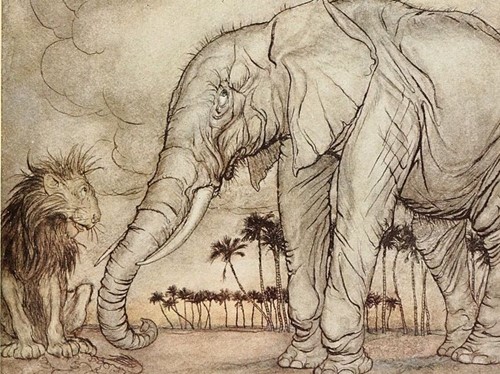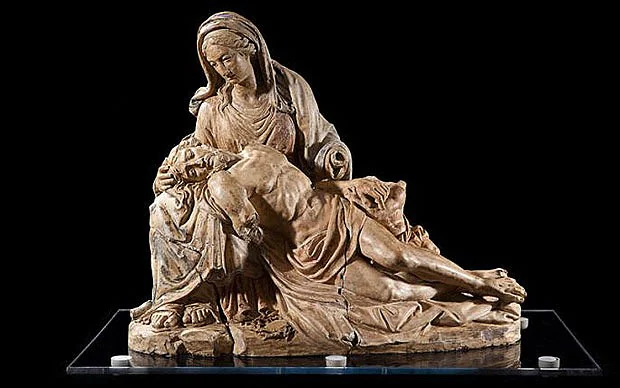“Are they Christ’s servants? I sound like a madman – but
I am a better servant than they are! I have worked much harder,
I have been in prison more times, I have been whipped much more,
and I have been near death more often”
– 2 Corinthians 11:23 –
In 2 Corinthians 11, Paul presented the record of his experiences. He seemed to be gloryfing himself, but he was actually glorifying God. To go over this service record was to show the hand of God in his ministry, and in doing so, he confronted false teachers and apostles. His desire to encourage and warn the church led him to draw up this list. That is why he spoke “like a madman,” illustrating the sufferings of a true apostolate.
- Prisoner. Clement of Rome mentioned that the apostle was imprisoned seven times.
- Whipped. Victims were punished with a leather whip with pieces of iron. He suffered the punishment of forty lashes minus one five times.
- Dangers from the Jews and the Romans. Paul received eight beatings in total: five from the Jews and three from the Romans.
- Stoned. Judaic law determined that stoning was the punishment for every blasphemer or adulterer, after judging him. However, Paul was stoned without trial, and he survived. He almost died in Lystra when the Jews stoned him.
- Shipwrecked three times. Surviving shipwrecks was a miracle since, if survivors managed to reach land, they were usually killed or taken prisoner to be enslaved. It is estimated that he made about thirty voyages by ship. He was at the mercy of the waves, clinging to wreckage from a ship, without food or water, for one day and one night.
- Many journeys. The normal distance traveled in a day was almost twenty miles. Paul walked almost one thousand miles from Jerusalem to Ephesus. He spent at least three months travelling, making stops to keep the Sabbath and visit the churchers along the way. He traveled from Philippi to Jerusalem on foot and by ship in a span of seven weeks. Paul stayed overnight in inns, at friend’s homes, or putting up his tent in the fields. The dangers he faced were real and were both natural and from people.
- He knew constant hunger and thrist, and endured cold. Almost at the end of his life, Paul asked Timothy to bring him the cloak he had left at Carpus’s house.
- He took part in incredible escapes. One time, he was lowered from a wall in a basket.
- He carried out the burden of the churches. His concern was for the salvation of people.
“Nothing is easier than saying the words.
Nothing is harder than living according to them
day after day” – Arthur Gordon –
Paul was a “foolish” man who always had a difficult path.
His life did not have a mission; the mission had him.
Paul was constantly revived by that passion.
What does revive you today? May the Lord be with you…










